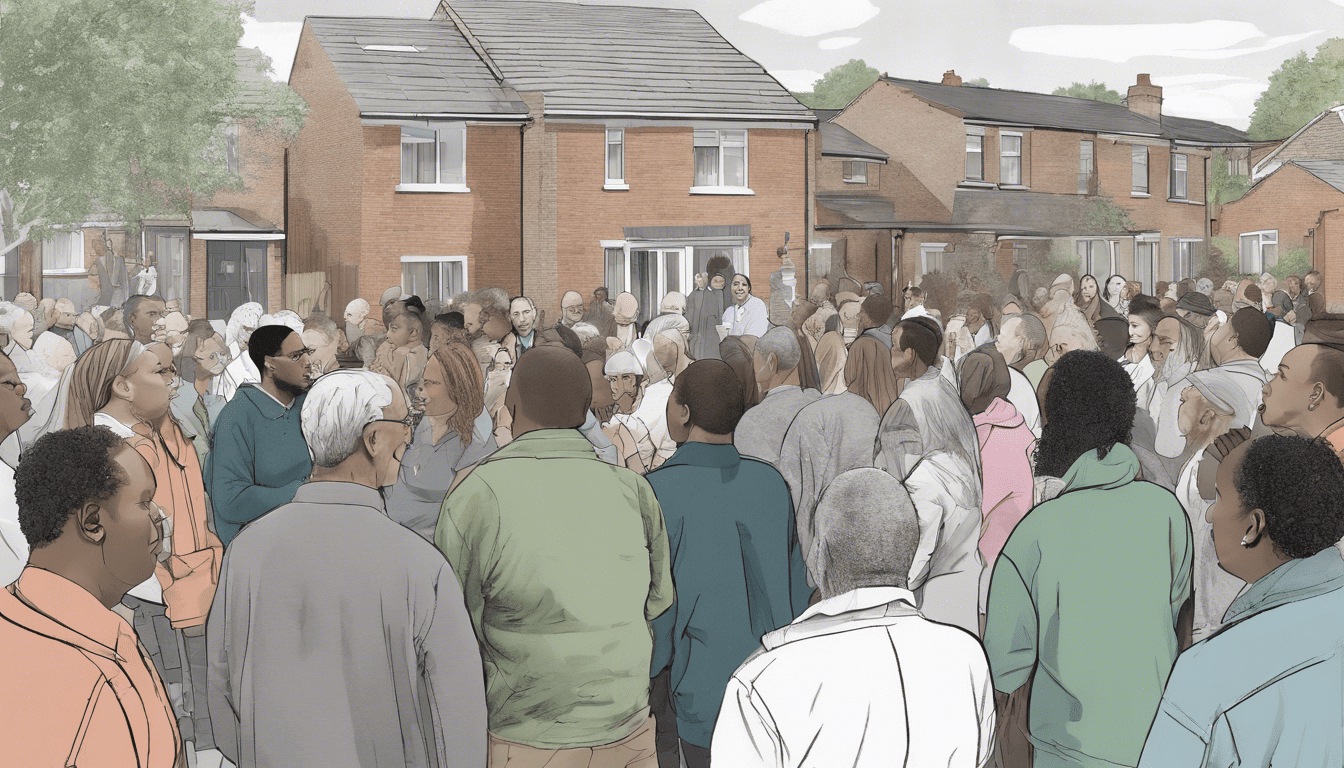On November 5, 2024, Somerset Council gave the green light to a contentious proposal for a 30-bed House in Multiple Occupation (HMO) on Friarn Street in Bridgwater. The decision has elicited strong responses from local community leaders and residents who express concerns over environmental issues and the strain on existing infrastructure. Proponents of the development argue for the need for additional housing solutions, particularly given the growing demand for such accommodations in the area.
Key Takeaways
- The Somerset Council’s approval of a 30-bed HMO in Bridgwater has sparked significant community concerns about flooding and parking.
- Local councillors have raised objections citing potential over-development and impacts on historical context and infrastructure.
- The planning committee’s decision to approve the project reflects a divide in opinion regarding the needs for development versus community safety.
Overview of the HMO Development Approval
In a recent decision, Somerset Council has given the green light to a contentious development plan proposing a House in Multiple Occupation (HMO) with 30 beds, located on Friarn Street in Bridgwater. The planning committee approved the project with a vote of 7 to 3, despite substantial opposition from local councillors and residents. Concerns were primarily centred around flooding risks due to the adjacent Durleigh Brook, which could exacerbate existing issues experienced in the area. This sentiment was echoed by Bridgwater Town Council leader Brian Smedley, who highlighted that past developments have already strained local infrastructure and historical context (Somerset Council, 2024).
Councillor Kathy Pearce also raised alarms over the potential for overdevelopment in the locality, suggesting that the project could further complicate parking and traffic conditions, an argument she felt was warranted given the residential nature of the neighbourhood. In contrast, Councillor Alastair Hendry defended the proposal, arguing that HMOs generally attract residents who do not rely on cars for transportation, thereby alleviating some parking-related concerns. Ultimately, after extensive discussions, the committee’s decision to approve the development reflects a broader trend of addressing housing needs in urban settings, albeit with the risks that accompany such initiatives.
Community Responses to Development Concerns
Community members have expressed mixed reactions to the approval of the HMO development, highlighting a divide between those who see it as a necessary step towards alleviating housing shortages and those who worry about the long-term implications for the area. Local resident Martha Gibson noted, ‘While we need more housing options, the flooding risks and strain on local amenities are genuine concerns that remain unaddressed by the council.’ Conversely, another resident, Tom Swift, commented, ‘This is a progressive move, considering the pressing demand for affordable housing in Bridgwater. It’s essential for the council to approach these issues with a forward-thinking mindset.’ The debate has sparked broader discussions about urban development and sustainability, with some residents calling for more comprehensive flood management strategies to accompany new housing initiatives. Discussions on social media have also flourished, with many advocating for a balanced approach that prioritizes community welfare alongside development needs (Bridgwater Echo, 2024). This incident highlights the ongoing challenge faced by local authorities in balancing development with environmental and community concerns.
Please ask questions via WhatsApp, email, or direct messaging.





